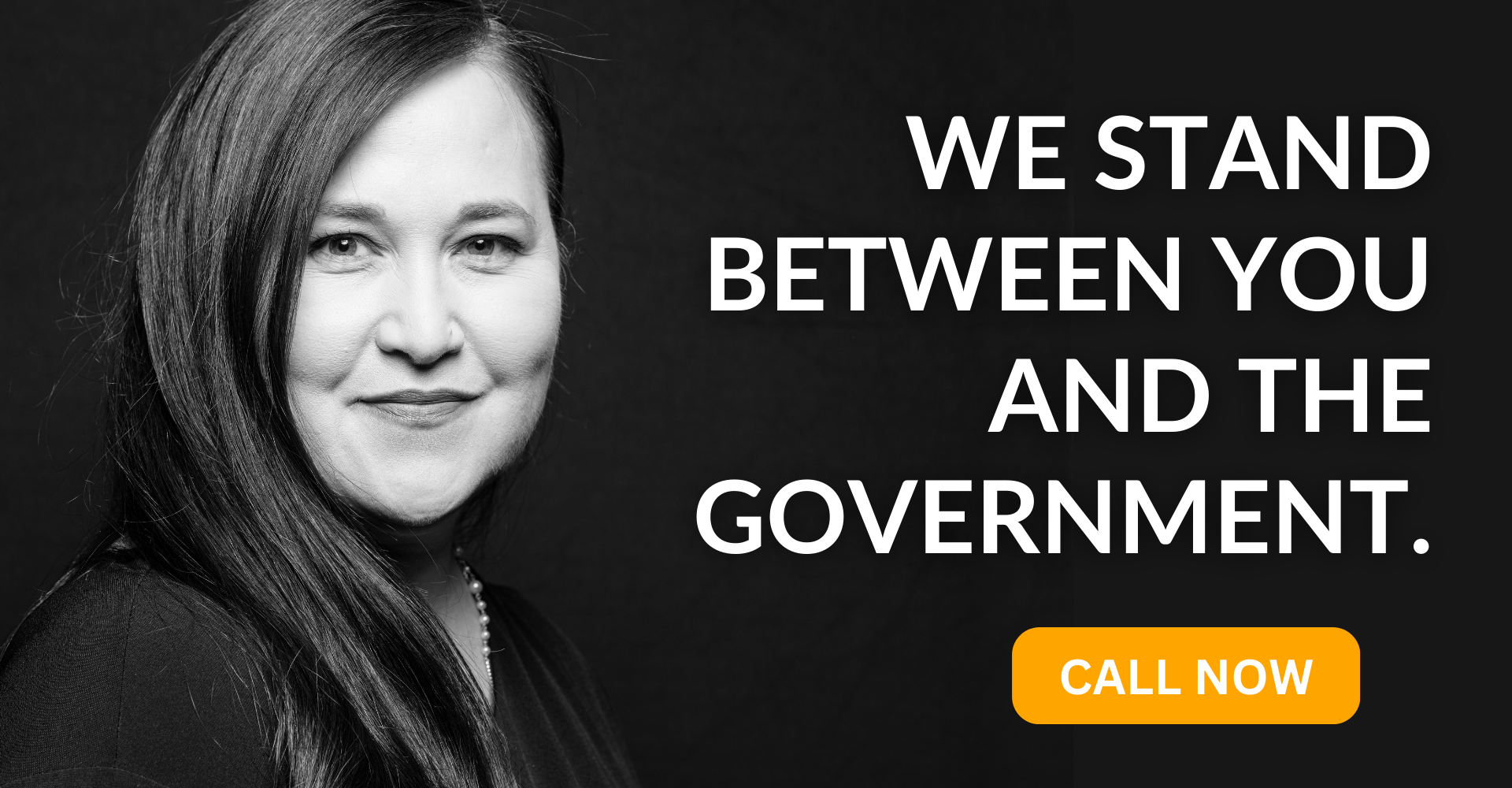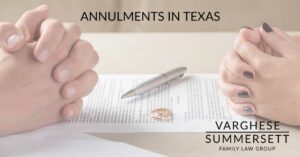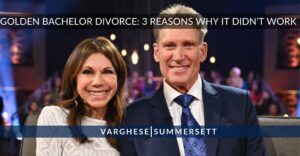Fort Worth Federal Contractor Fraud
The U.S. Government is in an and of itself a massive part of the overall American economy. The level of commerce associated with the various goods and services needed to perform the myriad of government functions cannot be overstated. Whether it is providing medical insurance through Medicare or Medicaid, the construction of military weaponry, or a host of other services the government provides, the government’s use of private companies to accomplish these goals is vast.
With such significant scope and complexity comes a high price tag and a large opportunity for federal contractor fraud. Conversely, that same complexity also presents challenges for individuals and companies trying to legally provide and bill the Government for lawful services. A tenacious and experienced attorney at our firm could help to explain your rights in a Fort Worth federal contractor fraud case and how to best proceed.
18 USC 1031(a)(2) outlines federal contractor fraud and it refers to stealing from the federal government when fulfilling obligations under any government contract. Federal courts will enforce laws that prohibit companies and their agents from over-charging or under-serving the U.S. government, falsely inflating the cost of services provided, bribing government officials, or even falsely substituting promised goods for cheaper goods.
Additionally, criminal prosecutions arise from various types of misrepresentations and failure to fulfill certain material promises when dealing with the government. For example, under US v. Allred, 867 F.2d 856 (5th Cir. 1989), ten individuals and Donallco (a parts supplier for the U.S. military) were convicted of Conspiracy to Defraud the United States (18 USC 371) and False Statements (18 USC 1001). Basically, these defendants were charged with executing a scheme where they represented to Kelly Air Force Base that they were providing unused fuel pumps for C-130 military aircraft purportedly manufactured by a company named Pesco. In actuality, the parts were manufactured more recently by a company named Donallco. The reason for this deception (misrepresenting the manufacturer and age of the fuel pumps) was to avoid Government inspections.
While this scheme may seem technical in nature, the essence of the Government’s case was not. These defendants were convicted of federal white-collar felonies for deceiving the U.S. Government under a federal contract. Such prosecutions may entail significant prison sentences and fines.
Another example of fraud can be found regarding assurances made by contractors. In US v. Puente, 982 F.2d 156 (5th Cir. 1993) an individual was convicted under 18 USC 1001 when he falsely stated within a bid that he had never been convicted of a felony.
Other Fraud Statutes
In addition to 18 USC 371 and 1001, other fraud statutes are also used to prosecute government contract fraud.
Bribery
18 USC 666 outlaws individuals who are agents of a state, local (city) or Indian tribunal entity that receives federal funds, from embezzling or stealing such funds, or solicits or accepts bribes related to such funds. An offense under this section could carry imprisonment of up to 10 years. This offense was used to prosecute Al Lipscomb (former Dallas City Councilman) under US v. Lipscomb, 299 F.3d 303 (5th Cir. 2002). This conviction was reversed, however, the reversal was largely tied to an improper transfer of the case from one court to another, as opposed to a substance based condemnation of the criminal conviction.
Mail Fraud
18 USC 1341 outlaws the use of postal systems (including the U.S. post office, UPS, and FedEx) to accomplish a scheme or artifice to defraud. This is also known as mail fraud. Mailing a bid, or any other part of a government contract, or even a bill for goods or services, that contain a false statement, can constitute this offense. Offenses under this section can carry imprisonment of up to 30 years. Learn more about mail fraud.
Wire Fraud
18 USC 1343 outlaws the use of wires (including the Internet, modems, and telephonic systems) to accomplish a scheme or artifice to defraud. Thus, sending false information via wire pursuant to a government contract can also carry imprisonment of up to 30 years. Learn more about wire fraud.
Kickbacks
It is also important to understand that kickbacks and bribes can also constitute offenses. Under 18 USC 1346, the deprivation of honest services are illegal. For example, in US v. St. Pierre, 809 F.Supp.2d 538 (E.D. Louisiana 2011), city officials received bribes and kickbacks from a government contractor when they exempted certain IT work from normal bidding procedures allowing a subcontractor to receive federal funds. That subcontractor then paid bribes to the city officials in the form of checks and yard-work. Learn more about kickbacks and Stark Law violations.
Money Laundering
18 USC 1956 outlaws money laundering. Put simply, money laundering occurs during certain financials transactions that involve proceeds from criminal conduct. US v. St. Pierre also included money-laundering convictions. There are three types of money laundering. First, transactions involving criminal proceeds meant to promote specified unlawful activities (SUAs) are acts of ‘promotion money laundering.’ Second, transactions involving proceeds of criminal activity that are designed to hide the origin or nature of the source of the proceeds are known as acts of ‘concealment money laundering.’ Finally, transactions involving criminal proceeds in an effort to avoid currency-reporting requirements, such as currency transaction reports (CTRs), are known as ‘structuring money laundering.’ For example, a person who takes money from a bribe to purchase a laptop to engage in surreptitious correspondence with co-conspirators could be accused under a promotion theory. On the other hand, a person taking such proceeds and putting them into an account of a non-existent ‘shell-company’ making the proceeds appear to be tied to legitimate revenue of a business could be accused under a concealment theory. Finally, a person taking such proceeds and making deposits of the bribery money into increments of less than $10,000 could be accused under a structuring theory.
Structuring
Structuring and other currency reporting violations are also illegal under 31 USC 5313, 5324, 5331, or 5332. Learn more about structuring.
False Claims – Civil Actions
Further, under 31 USC 3729 and 3730, the Government may also go after individuals and companies civilly for filing false claims to the U.S. Government. Such claims include billing pursuant to Government contracts. The penalty for such violations is a fine up to $10,000 plus 3 times the pecuniary damage of the false billing.
Defending Federal Contractor Fraud Allegations
Individuals and companies accused of contractor fraud find themselves in a very tricky arena. They can expect to be approached by the system via either a ‘knock and talk’ (where federal agents request an on the spot interview with the target) or via arrest. In either circumstance, federal agents have likely spoken to co-workers and employees and have also examined a plethora of documents relating to financial records, bidding documents, and other billing data. Such interviews are generally not advisable without the assistance of an attorney.
Attorneys assisting such targets need to quickly examine claims data, the underlying government contract, and bidding documents. They need to gain knowledge regarding the business that has accepted the government contract, as well as the goods and services that this company provides. They need to also interview as many coworkers and employees as possible. In addition, the attorney should try to make contact with applicable federal agents and Assistant United States Attorneys to try to obtain case discovery to gain a sense of the nature and circumstances relating to the investigation.
Proactive defense efforts early on in the investigation are important because it is likely the federal agents and prosecutors investigating the case are far less familiar with the contract and its accompanying goods and services than the contracting company’s employees, owners, and executives.
If the target of the investigation feels he or she is being wrongfully accused, trials in these cases demand experienced trial attorneys who can effectively communicate business practices and challenge whether the prosecution theory is the result of tunnel vision or even a misunderstanding of the case facts.
Sentencing in Contractor Fraud Cases
Generally, USSG sections 2B1.1, 2C1.1, and 2S1.1 are the applicable guideline in federal contractor fraud cases. Both 2C1.1 and 2S1.1 also use the loss table under 2B1.1 to add offense levels based upon intended and actual loss.
In terms of punishment, sentences for the offenses described above are driven primarily by the amount of intended loss to the American taxpayer and the sophistication of the scheme. Further, enhancements are possible if defendants are found to have abused a position of trust. Companies and persons entrusted with government contracts, particularly if based upon qualifications and expertise, could be subject to this enhancement under the United States Sentencing Guidelines.
Reach out to an Attorney for Help with a Fort Worth Federal Contractor Fraud Case
Due to the potentially severe penalties for federal contractor fraud in Fort Worth, anyone facing charges should consider reaching out to an attorney at our firm for assistance.








